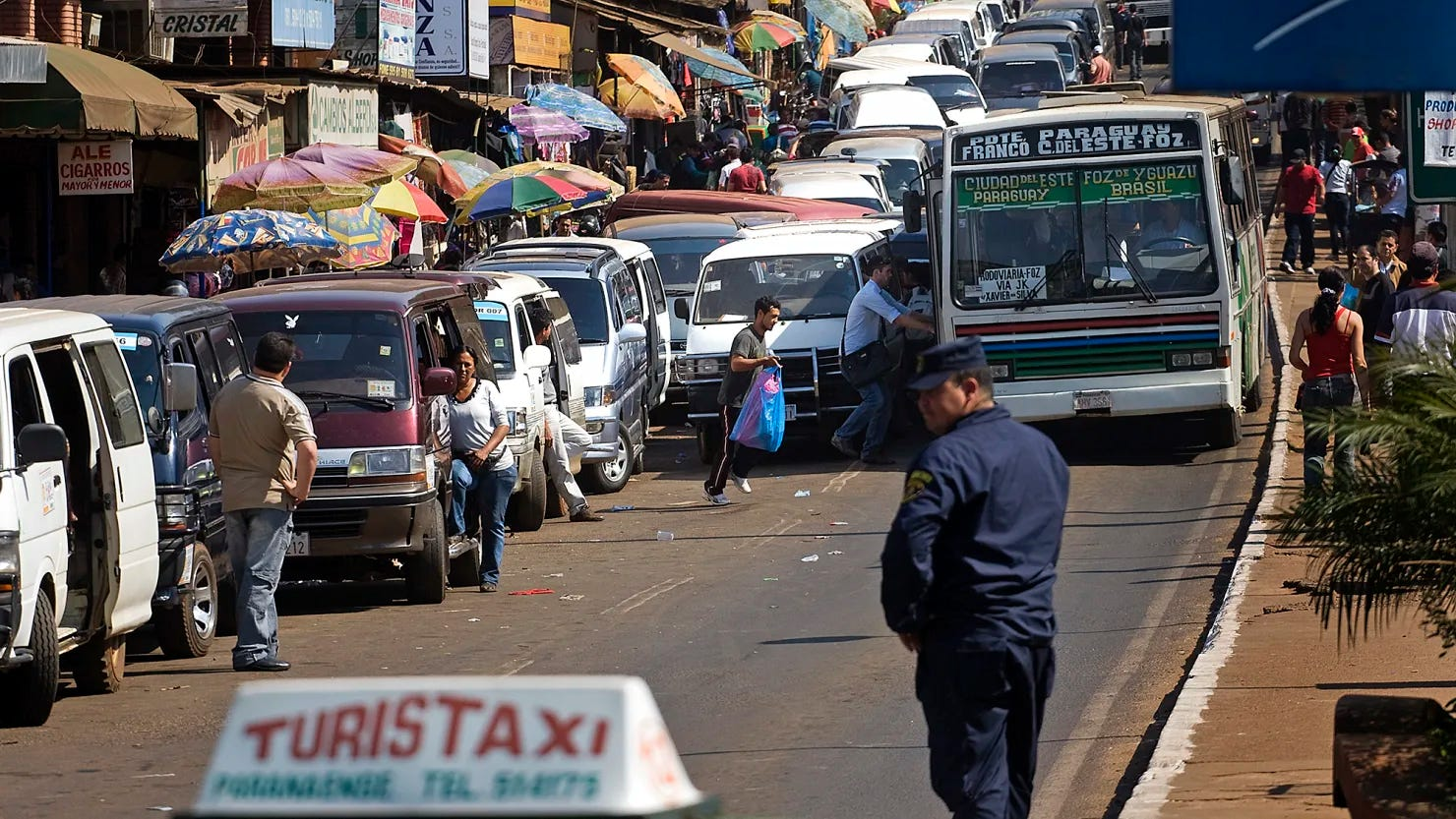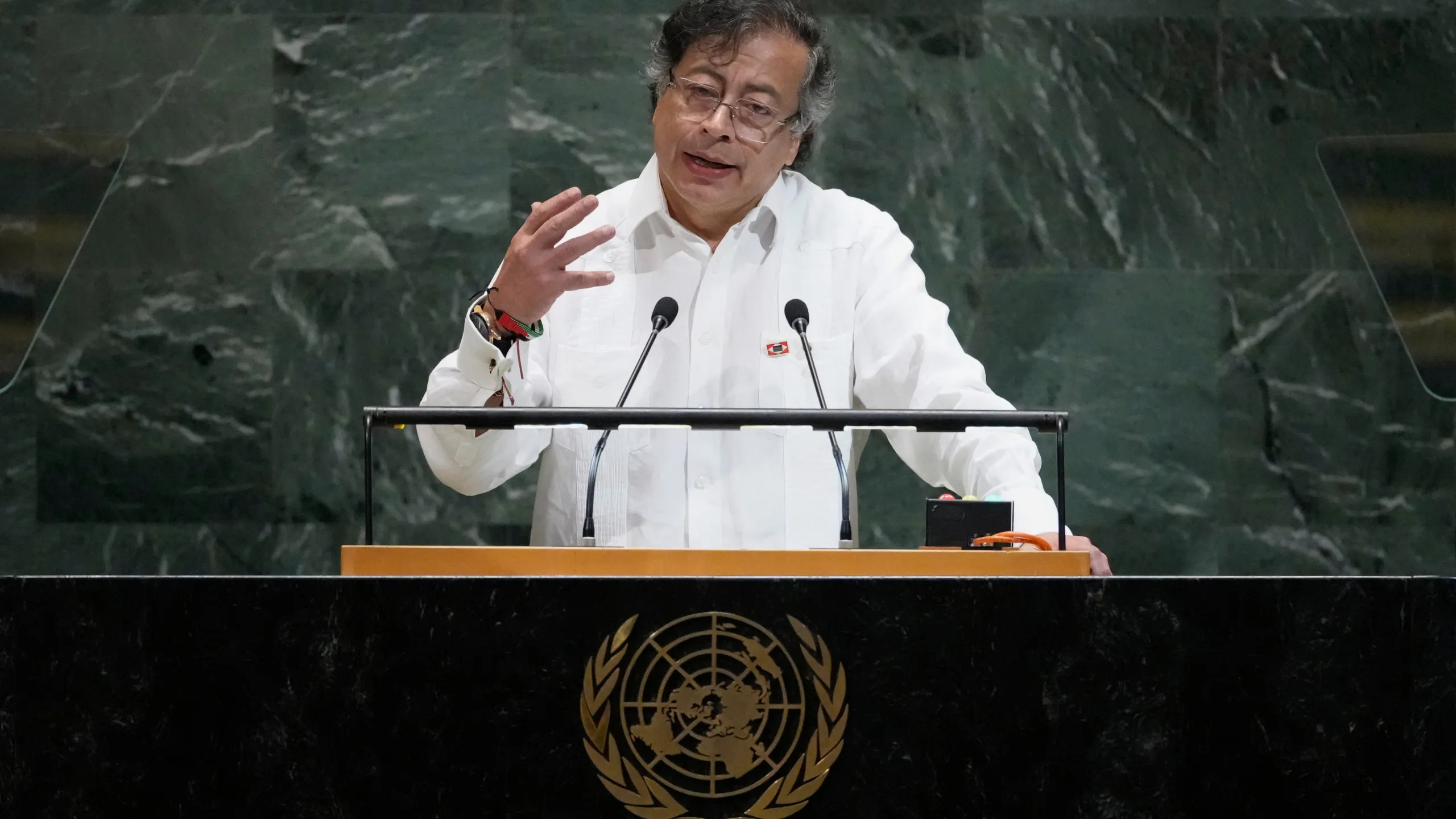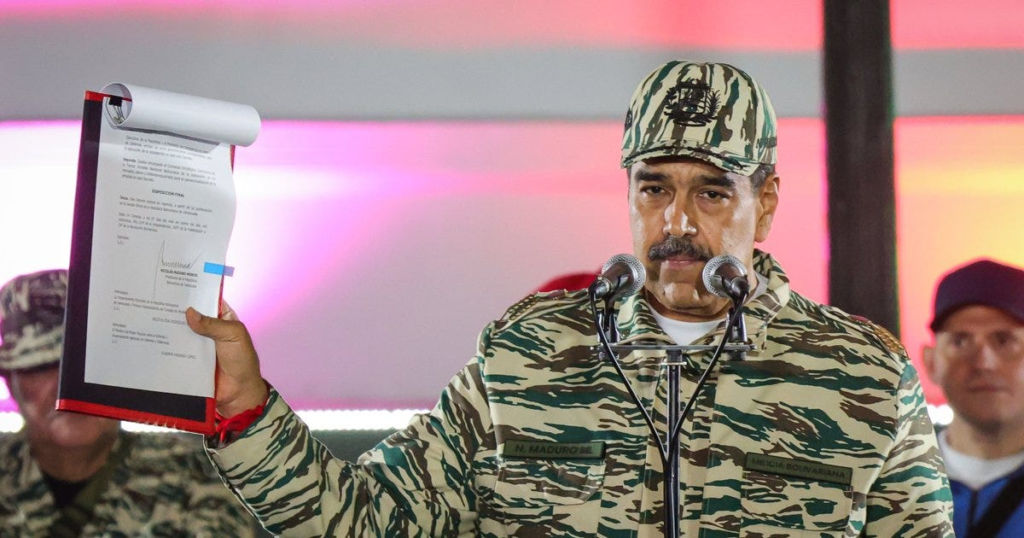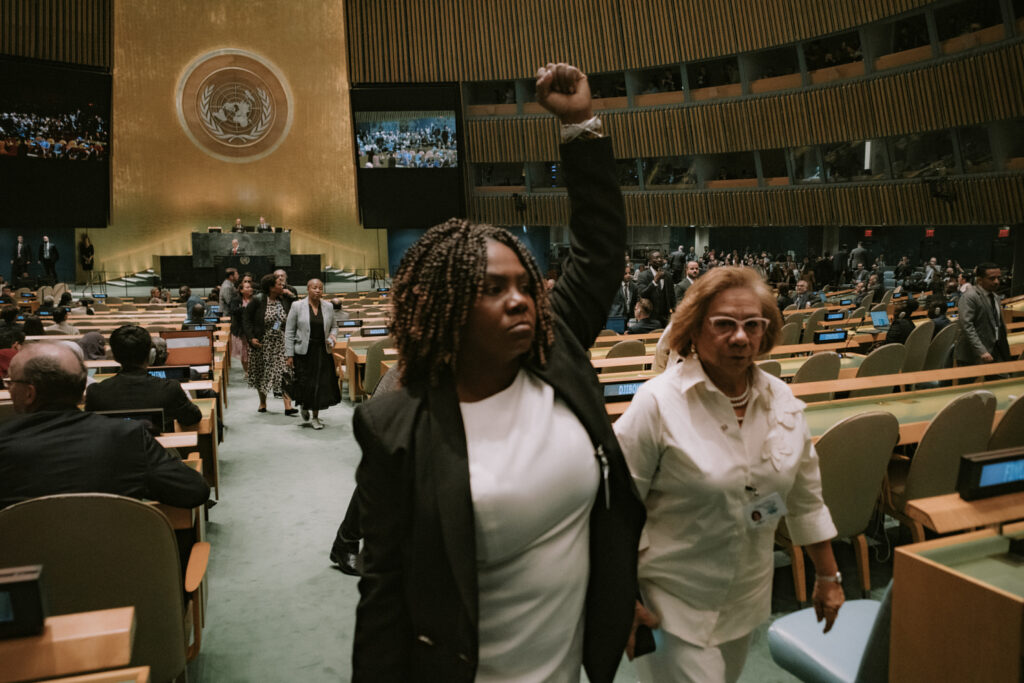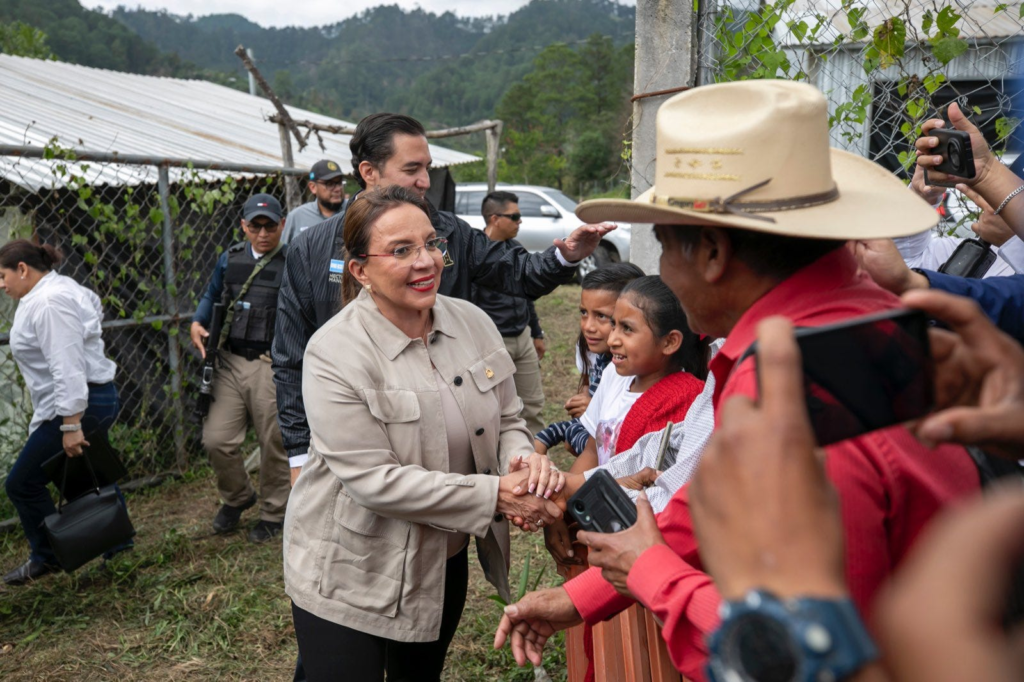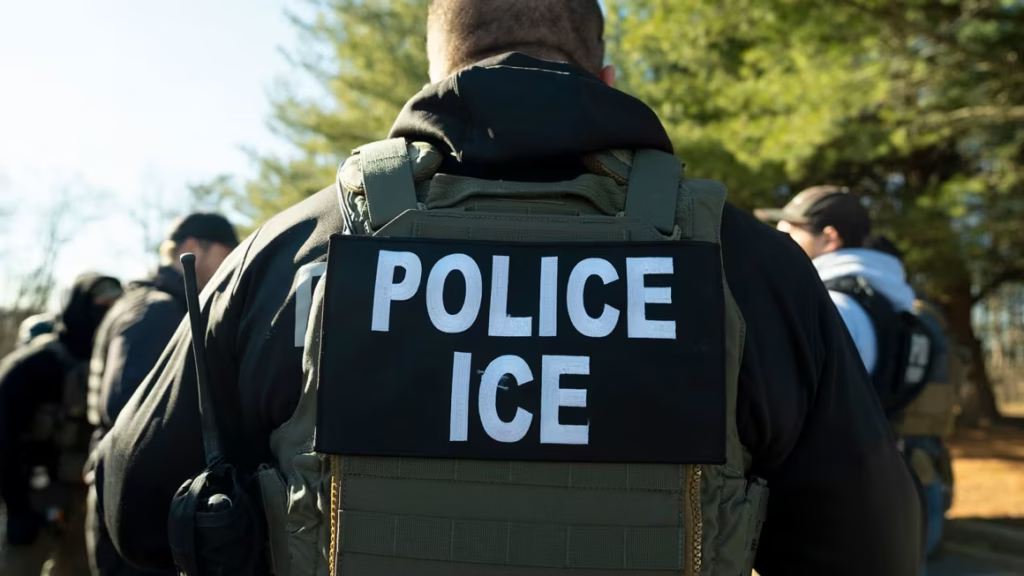Two terrorist attacks in Argentina during the early 1990s set the tone for a new global counter-terrorism front in South America, when in March of 1992, a suicide bomber exploded his vehicle outside the Jewish embassy in Buenos Aires, killing 29.
In the aftermath, a group linked to Iran, called the Islamic Jihad Organization, claimed responsibility for the attack.
Two years later, in July 1994, another suicide bomber struck the Argentine Israelite Mutual Association building (AMIA) in the Argentine capital, killing 85 people and wounding hundreds. An investigation that was later conducted by INTERPOL, the FBI, and the Argentine prosecutor’s office under Alberto Nisman concluded in October 2006 that the Lebanese Shia Islamist group, Hezbollah, with Iranian backing, was responsible.
The bombings awarded Argentina the title as the only country, other than the United States, to have suffered from a mass-casualty Islamist terrorist attack in the entire Western Hemisphere. A title that the country still holds today.
Both attacks are believed to have had their roots in the South American Triple Frontier, or Tri-border Area (TBA), which has since become a concerning hotbed of radical Islamist fomentation, capitalized on by Iranian proxies to foster terrorist networks mined from some of the local anti-U.S. resentment in the region, and a land gateway to the coveted U.S. southern border for illegal entry.
The Tri-border, a remote piece of territory where the borders of Argentina, Brazil, and Paraguay conjoin, has evolved into a secluded muslim enclave of Arab immigrants from Lebanon who fled the frenzied conflicts of the 1948 Arab-Israeli War, and the 1985 Lebanese Civil War that was followed by a bloody Israeli invasion and counterinsurgency campaign.
Today, the TBA hosts a population of approximately 30,000 residents of the Arab community, who are mostly Lebanese and bear some degree of allegiance to their native homeland, and to where many of these muslim residents of this closely-knit, South American paradise, have in the past self-admittedly “sent their money for financial support to Hezbollah.”
It wasn’t long before the region had garnered the attention of the U.S. counter-terrorism apparatus and pan-American intelligence agencies like the Argentine Secretaría de Inteligencia del Estado (SIDE), and their Brazilian counterparts, including the Israeli Mossad.
After the attacks on September 11, 2001, the Triple Frontier and its Paraguayan border city of Cuidad de Este were placed within the cross-hairs of the U.S. intelligence community.
Known as a sort of Wild-Wild-West of lawlessness and banditry, where the flow of illicit drugs, weapons, contraband, human smuggling, prostitution, and criminality passes uninhibitedly through this region and across the Bridge of Friendship that connects the Paraguayan side of the Tri-border and Brazil’s Foz do Iguaçu – even today – U.S. law enforcement agencies who have their fingers on the pulse of potential terrorist plots emanating from this region, have grown frustrated over allegations of corruption and lack of law enforcement policies from local authorities tasked with monitoring the flow traffic across this border.
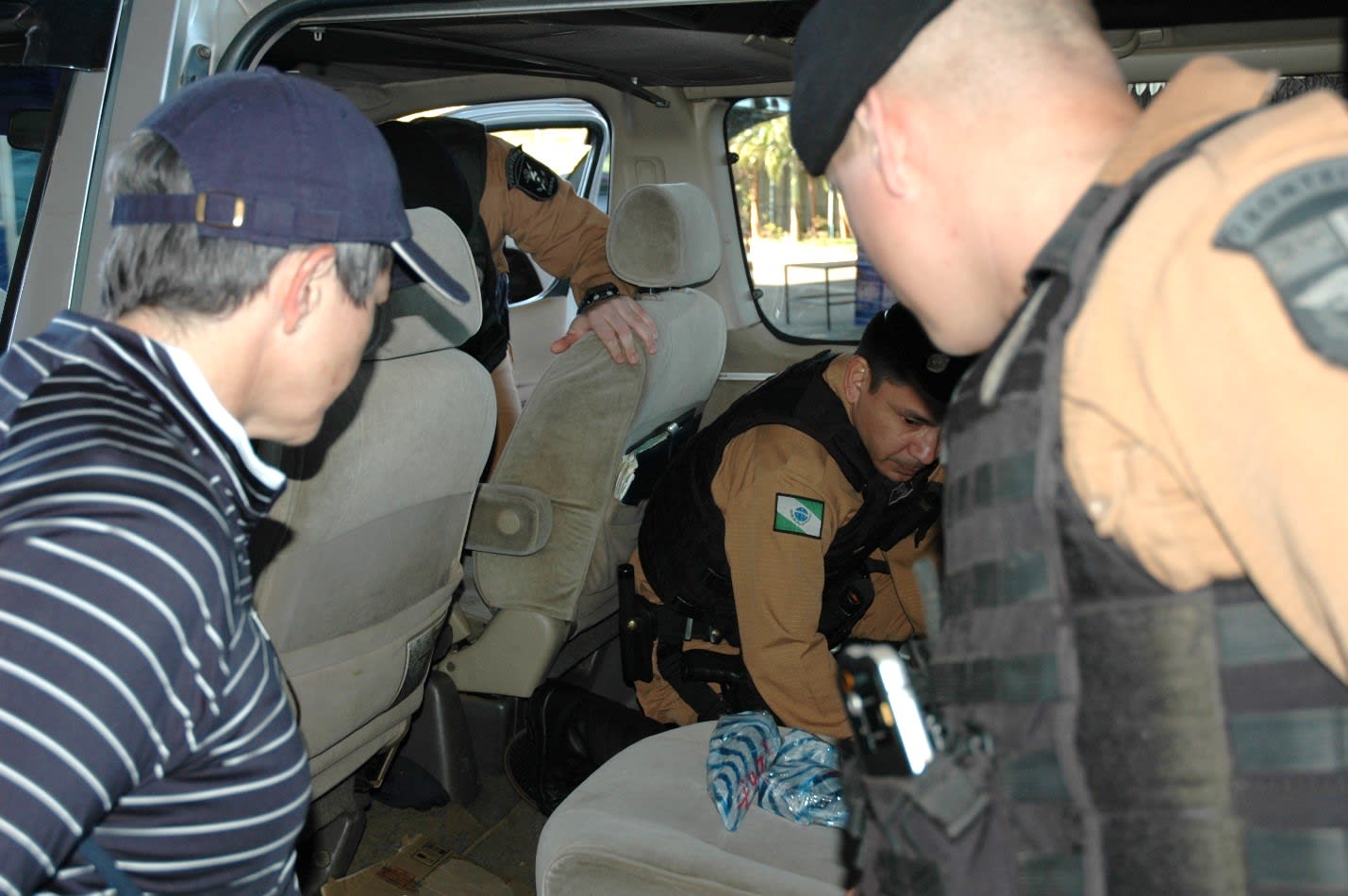
The flow of drugs and other illegal goods has provided a lucrative slice of revenue for foreign actors and their proxies to establish a presence in the region.
The Tri-border was an ideal location where terrorist cells could operate without detection, and where the descendants of Lebanese immigrants had by now perfected the Spanish tongue, and could pass themselves off as native residents or traveling tourists.
Allegations of public corruption in the Paraguayan government swelled as crime did. Suspicions that the Paraguayan officials were in the pocket of smugglers and drug traffickers, and were paid to look the other way by groups that operated throughout this region, began to take a toll on the government’s image, ultimately compelling it to action.
U.S. intelligence agencies ran into roadblocks when Paraguayan authorities were reluctant to attribute any urgency to the groundswell of radical Islam and lawlessness in the TBA. That is, until Paraguay, under the administration of Abdo Benítez, formally labeled Hezbollah, with U.S. pressure, as a terrorist group in August of 2019.
Following this declaration, in November of that same year, U.S. authorities stepped up efforts to bolster a security infrastructure in the region when agents from the Department of State’s Antiterrorism Assistance (ATA) program, started training local law enforcement and border security services on the Paraguayan/Brazilian side of the TBA line in an effort to restrict the flow of illegal goods and criminal activity.
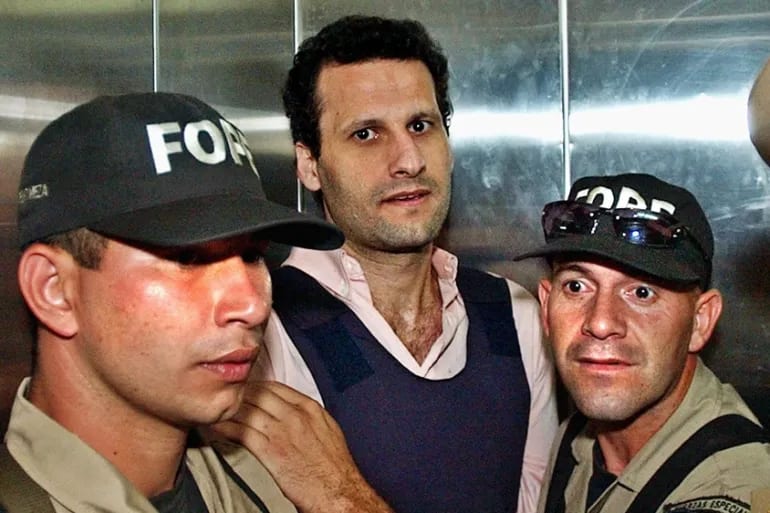
Brazil, on the other hand, has been much slower to act on the political front, refusing to follow in the footsteps of Argentina, Honduras, Colombia, and Paraguay in designating Hezbollah as a terrorist front, partly because the Brazilian legal system does not have a clear and precise definition of terrorism.
The Brazilian government has repeatedly sidestepped the issue by classifying the organization as a mere “political movement.”
In 2019, the Brazilian administration of President Jair Bolsonaro had the opportunity to echo Paraguay’s earlier declaration in August. However, for fear of straining Brazilian-Iranian relations and complicating a profitable trade relationship, which accrues $2.5 billion worth of Brazilian imports into Iran, the Brazilians opted to stay out of the political fray, instead cooperating with regional partners and U.S. counter-terrorism agencies on the ground.
In November of 2023, notably, Brazilian Federal Police foiled a plot by alleged Hezbollah operatives who were planning to attack Jewish targets in the country.
As part of Operation Trapiche, authorities carried out a dozen raids in São Paulo, Brasília, and Minas Gerais, in conjunction with Israeli spy agents, arresting conspirators with reported ties to Hezbollah, who were planning major attacks on synagogues and the Jewish embassy in the nation’s capital.
More recently, the Triple Frontier has garnered additional interest from U.S. intelligence agencies following the most recent conflicts in the Middle East.
The Israeli Defense Forces (IDF) bogged down in Gaza after the October 7 attacks; the increased fighting with Houthis in Yemen, who have launched assaults on shipping lanes in the Gulf of Aden; a third front against Hezbollah to the north in Lebanon; and the U.S. bombing raid, crippling three nuclear sites in Iran have sparked a renewed interest in the Tri-border region in an effort to curb radical Islamist influence in South America.
Last week, the nations of Argentina, Brazil, Paraguay, and the United States, have revived a concerted security objective formalized by a cooperation agreement to establish a shared intelligence base in Puerto Iguazú, on the Argentine side of the tri-colored border.
The base will be focused on combating organized crime and terrorism, which will receive training and funding from the United States Federal Bureau of Investigation (FBI).
The partnership will also rely on the Tripartite Command, a strategic law enforcement body created in 1996 and contributed to by all three South American governments to bolster security in the Tri-border region.
With this renewed U.S. interest in the strategically valuable border area, the United States government has managed to redirect itself back into a region that has been a key area of focus in the nation’s war on terror for the past more than two decades. But with the partnership of the souther cone nations, the increased security and intelligence presence in the area is expected to pay dividends on two lethal fronts: the continued war on terror and the unending war on drugs.

